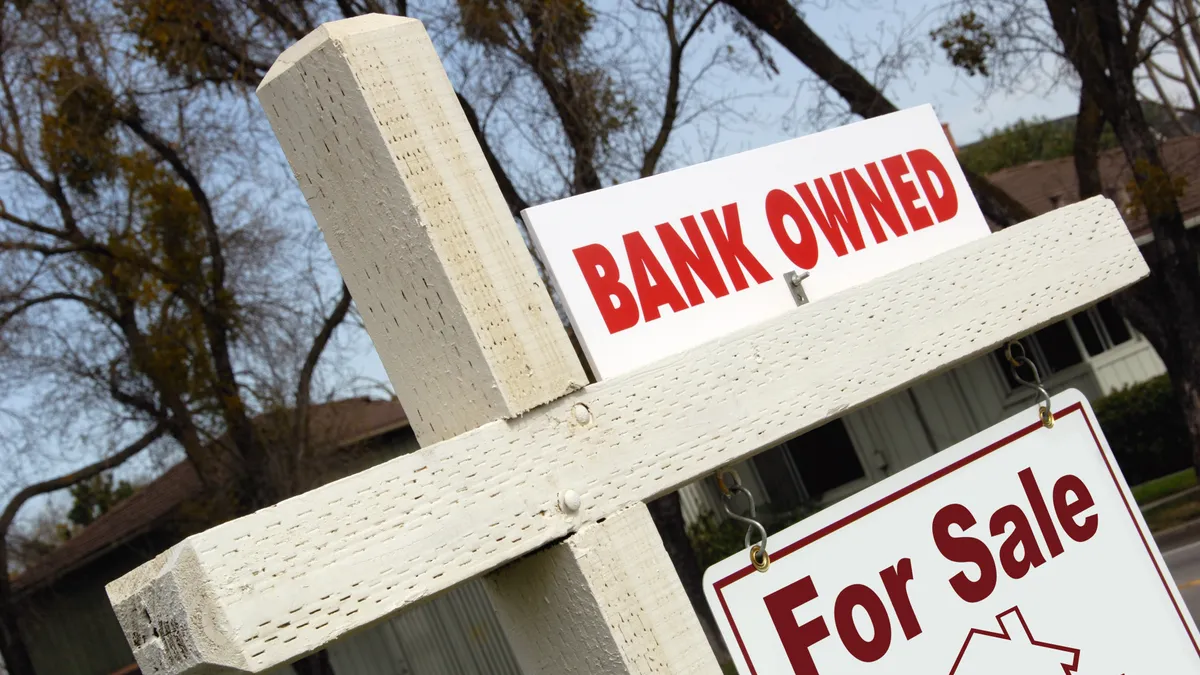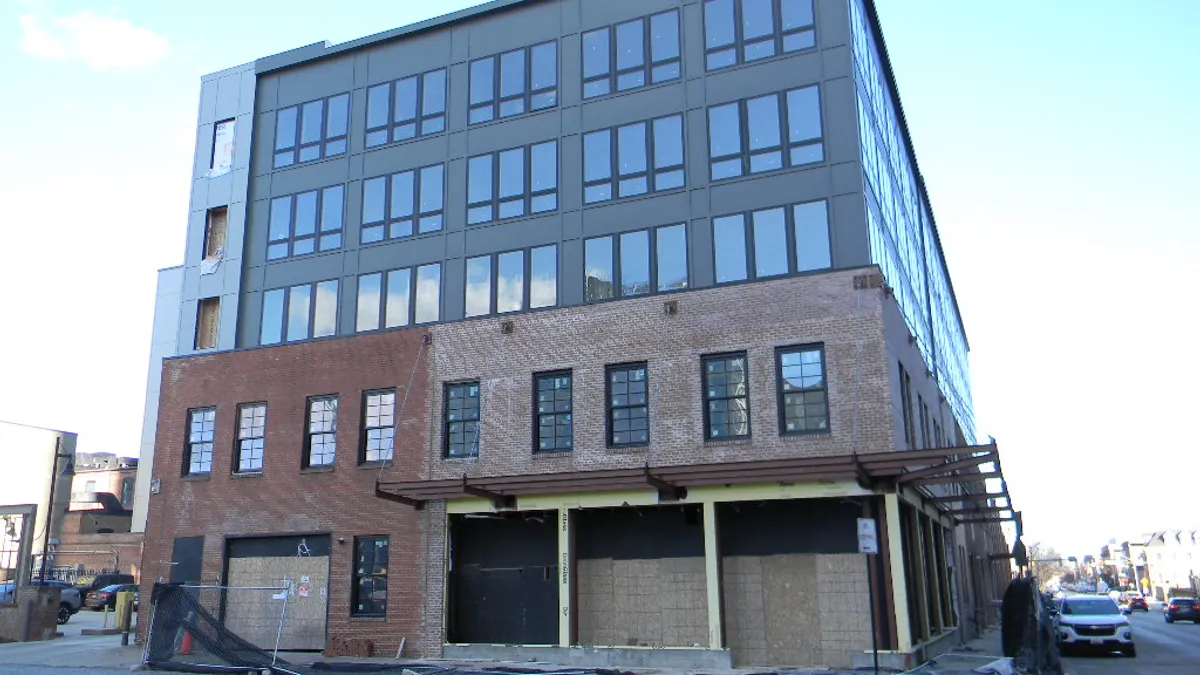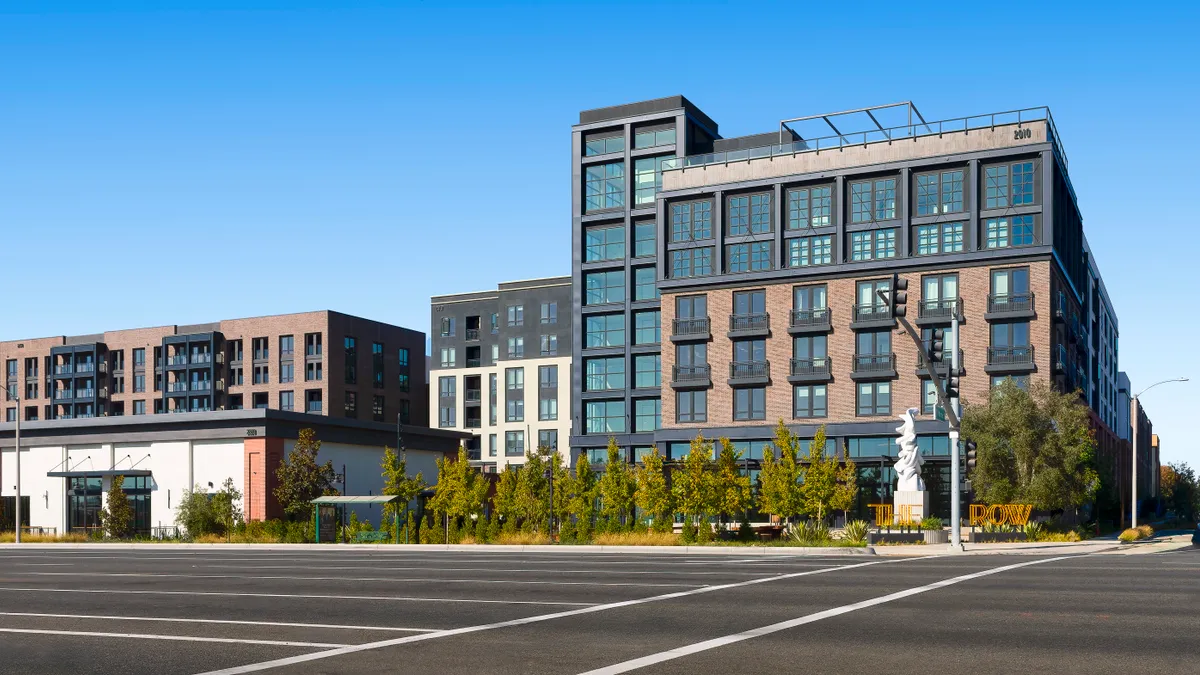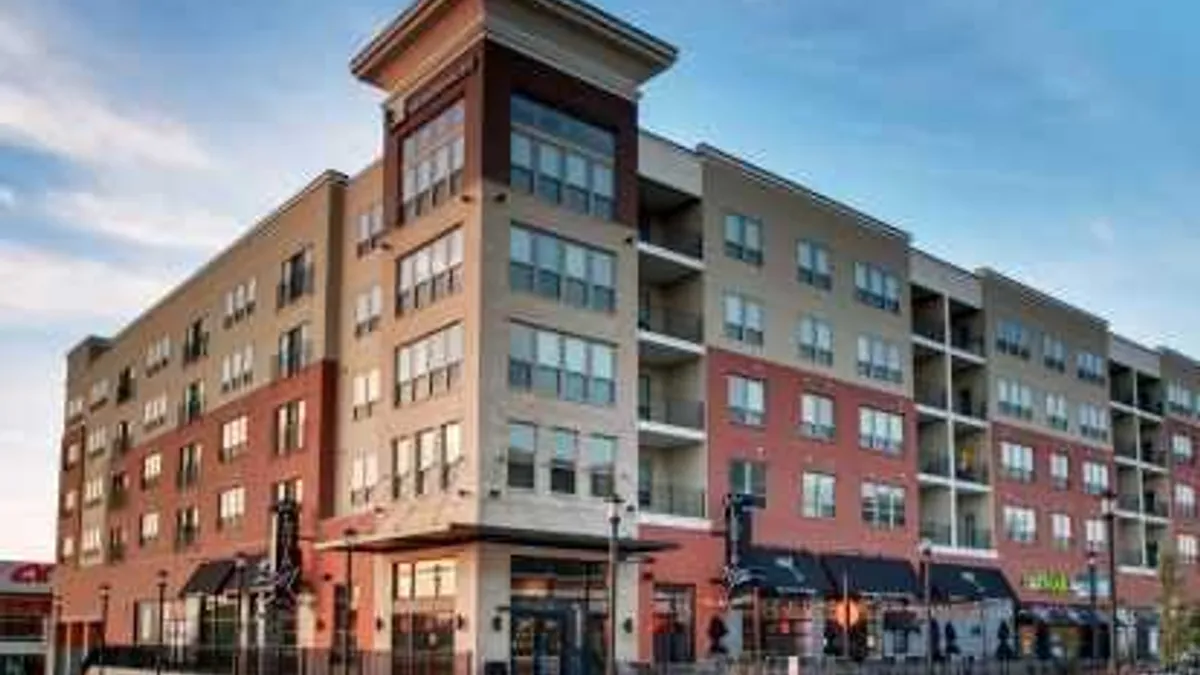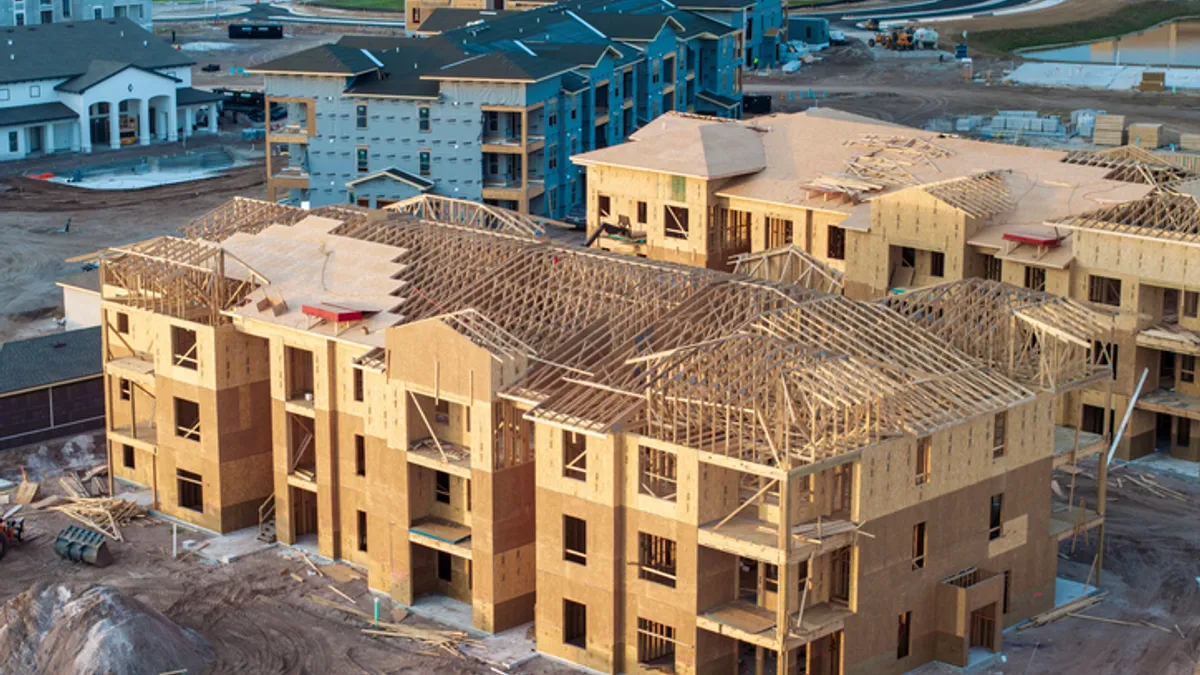Mark Pasierb is used to working with family offices.
The 30-year industry veteran served as the CEO and president of Newtown, Pennsylvania-based real estate investor and operator Pitcairn Properties for 18 years. During that time, he grew the firm from $400 million to $2 billion in assets under management.
So when the opportunity came to join Boston-based Kingbird Investment Management, the real estate subsidiary of Puerto Rico-based family-owned strategic investment company Grupo Ferré Rangel, as president, Pasierb jumped on board.
“They’ve been investing in real estate for over 30 years,” Pasierb said. “It was just a good fit. Working for a family is quite different than working for an institution. It’s a different mindset and environment. So just from a personality standpoint, it worked out quite well.”
In his new role, Pasierb will set the strategic direction of Kingbird’s portfolio, manage its operational and financial performance and oversee the firm’s mainland U.S. and Puerto Rico operations more broadly.
“We have had a lot of operating partners historically,” Pasierb said. “We cover everywhere from New York City and down to Florida, Alabama, Texas, Arizona and then up to California.”
As Paserib steps into his new role, the investment landscape is changing as higher interest rates take hold, forcing Kingbird to find new ways to hit its returns. Here, he talks with Multifamily Dive about how the company’s strategy is changing, why it prefers to invest with existing partners and where it can benefit from distress.
This interview has been edited for brevity and clarity.
MULTIFAMILY DIVE: What types of apartments are you targeting?
MARK PASIERB: The main goal is hitting a mid-teens return. You're looking for anywhere from 12% to 15%. To get there, we have to play in the value-add space with a little bit of core plus. So that's what we're focused on. That being said, with the interest rates changing, the game has shifted. No longer can you just invest equity in multifamily and get amazing returns.
How are you adjusting?
We're readjusting our view and a lot of that will be focusing on the interim, which will most likely be preferred equity and maybe mezz debt to hit those returns. A lot of investors are feeling the pinch of rolling from a 3% loan to a 7% loan. That's a deep, deep cut into the cash flow of a property.
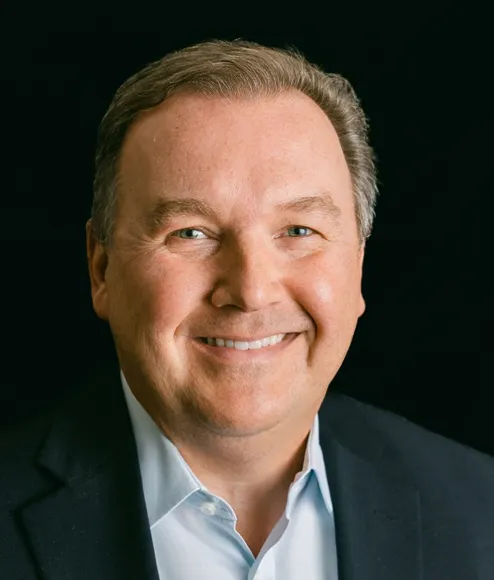
We can step in. We've actually been offered a lot of opportunities at pretty good mid-teen returns. The negative is that you don't get the upside of a 45% return somewhere if you hit a homerun. But if you ask people if they want a 15% return on their money, very few people would pass on it.
Have you come into situations and provided that preferred capital yet?
We’re dealing with one right now. It's one of our partners in Los Angeles. It's a situation where they have to refi. They've come to us and asked us to step in as a preferred piece.
We're pushing for high teens on this one just because the banks, with all the new regulations coming through, have very limited resources. I honestly don't know how banks are going to survive in this lending world. It's going to turn more to funds like us offering private credit.
Are you open to the type of properties you will provide equity for?
It's more partner-driven. If some new person comes in that no one knows and is asking for private equity, we probably wouldn't do it.
Historically, Kingbird diligenced 185 different operating partners. If one of those comes back [asking for capital] and we have good relationships, we'll do a deal. Then, separately, from my personal experience, I have another 100 partners that we can deal with.
There's a breadth of opportunities. But, for the most part, it has to be someone who has a warm relationship with us.
Are you still monitoring the market for acquisition opportunities, particularly on the distressed front?
Part of the plan is to help people with distress through preferred equity. But then, if there are great opportunities and you can pick something up in a distressed market, then absolutely we will do it. There is even the possibility that it's a loan-to-own situation. If we really like the property and if it does go sideways, we can step in. That's fantastic for us from a return perspective. And we can lean hard into our banking relationship and receivership relationships to see if there's something that we can manage for them and get them through the down period.
Click here to sign up to receive multifamily and apartment news like this article in your inbox every weekday.








